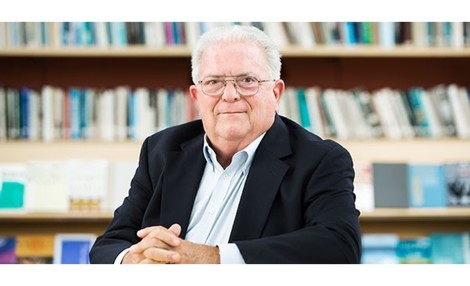Your podcast discovery platform
Curious minds select the most fascinating podcasts from around the world. Discover hand-piqd audio recommendations on your favorite topics.

piqer for: Global finds Globalization and politics
Nuala Lam is a bilingual freelance journalist with a focus on civil society, justice, and identity in China. She speaks, reads and writes Mandarin Chinese and forms her analysis of contemporary China through both English and Chinese language media. She has worked for NGOs and news media in Beijing and Shanghai and has also spent extended periods in the Chinese countryside, seeing the country's diversity and uneven development first-hand.
Her postgraduate research at the London School of Economics focussed on English-language coverage of China, investigating the translation of journalistic ethics between differing political contexts. She also holds a first class degree in Chinese and History from the School of Oriental and African Studies, University of London.
Meet The Man Who Interpreted During Nixon's 1972 Visit To China
Charles W. Freeman Jr. was the chief interpreter during Nixon’s visit to China in 1972 and director of Chinese affairs at the State Department when relations between the CCP and the US were normalized in 1979.
The interview is split over three podcast episodes. All three are worth a listen, but if you’re only going to listen to one I recommend part two. This section of the interview deals with Freeman’s time as an interpreter for Nixon on the state visit and his insight into the workings of diplomacy in the early years of CCP–US relations.
Freeman was clearly a highly skilled diplomat, and it is fascinating to hear him talk about the importance of cognitive empathy, or informed empathy, in diplomatic work:
You have to aim to be able to intuit what the important person you are speaking to brings to bear on the issues before you. What knowledge do they have? What history do they analogize the problem to? What approach do they take to cooperating with foreigners with respect to that issue? What mental baggage do they have? What stereotypes?
Freeman speaks with somewhat surprising candor about the Nixon administration's intentions in China, giving listeners an insight into the way the US exerted influence abroad in the cold war period. He talks about the initial motivation for normalizing relations with Beijing:
It was an effort to enlist the China mainland in containing the Soviet Union, rather than continuing, with Taiwan, to contain the mainland of China. It was also an effort to outflank and unnerve the Vietnamese. That was the simple motivation.
Freeman elaborates, explaining that the diplomatic mission in China shifted to focus on “the entanglement of a formerly revolutionary power in such a way that it became a conservative force,” describing how partnerships were set up between bureaucracies in the two countries and agreements signed for scientific cooperation in order to establish “something concrete on the ground that could survive leadership change.”
Stay up to date – with a newsletter from your channel on Globalization and politics.
